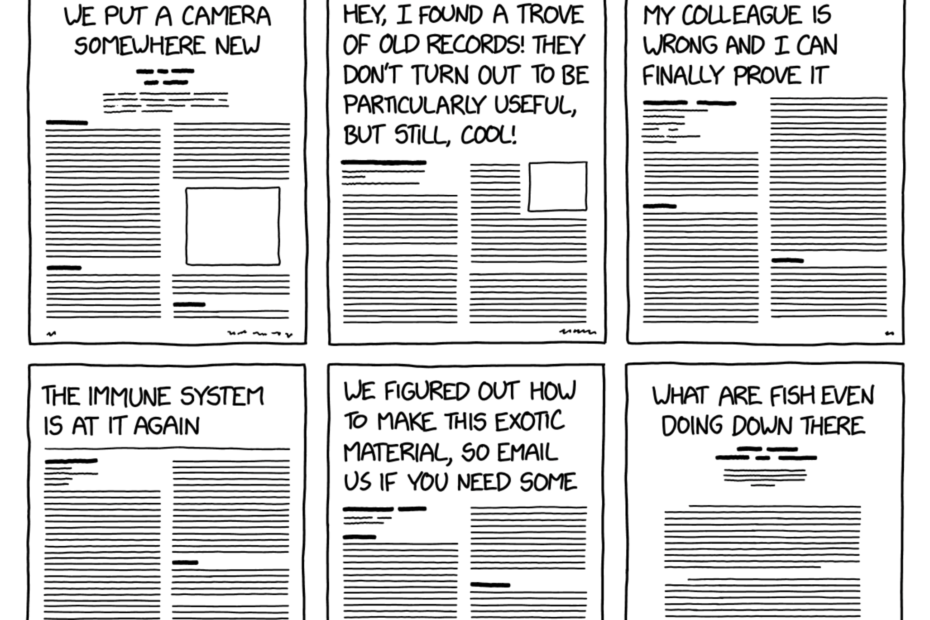A few years ago, friends involved with the Media Cloud project – notably Fernando Bermejo, Hal Roberts, Rahul Bhargava – and I began talking about the need for academic approaches to media studies that sought to understand effects well beyond a single medium like Twitter or Facebook. The Media Cloud project is a tool for understanding how dynamics of social media might influence coverage of ideas and issues in news media, so it’s unsurprising that this was an interest of ours. But we wanted to connect with other scholars who found it limiting to study phenomena in a single digital medium and wanted to focus on the broader media ecosystem.
We’ve held two conferences on media ecosystems now, the most recent organized by Fernando Bermejo and hosted at MIT just before the pandemic shut down the world. After the last conference, I felt like writing a manifesto of sorts, a plea that we build better tools and methods to understand phenomena that emerge across social media, traditional news, search engines and other features of the digital ecosystem. Invited to participate in a special issue of Information, Communication & Society by my friend Dan Mercea, I did so.
The argument behind this paper is pretty simple. In the 1930s, biologists began to talk about ecosystems as an object of study beyond individual organisms. That shift allowed us to identify and discuss patterns that aren’t as apparent studying individual species. We need a similar shift away from studies that focus primarily on behaviors on Twitter, Facebook or any specific subset of media and towards understanding social media, digital media, traditional news media and other discursive spaces as part of an interconnected media ecosystem. This ecosystem demands new methods and tools for study, some of which are being developed and some of which we need to begin creating.
I should have expected this to be a controversial paper – it fits the “Thoughts on How Everyone Else is Bad at Research” category of xkcd’s Types of Scientific Papers, which is bound to piss people off. I meant it to be a shout out to the scholars doing ambitious, cross-platform research, not a diss of people doing deep work on a single medium. Let’s just say that Reviewer 2 had a lot to say about the first draft.
Whether your reaction to my argument is “Well, duh!”, “Well, that’s bullshit” or “That’s interesting”, I hope you’ll give it a read. The link on the Taylor and Francis site will provide some limited number of free reads, but there’s a full-text pre-print available right here as well:

Pingback: Dijital güvenliÄŸi ciddiye almalıyız – NewsLabTurkey
Comments are closed.